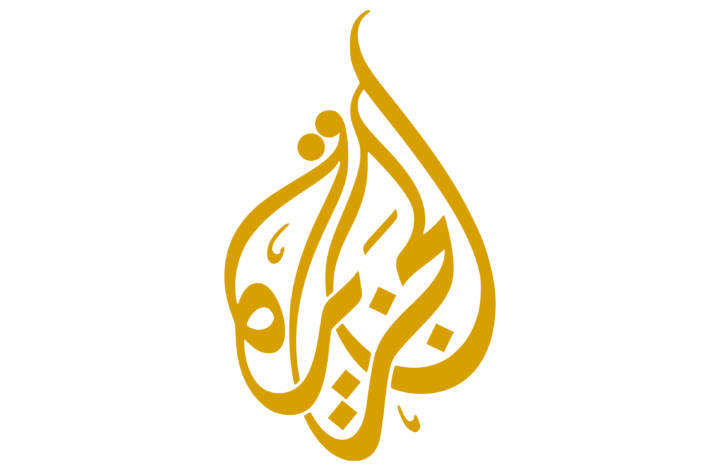The role of the armed forces in Western democracies
The Western world needs to catch up with military-led politics. It goes against some basic principles of Western democracies: the principles, not the practice, unfortunately. Even in Europe, after a long neglect, the military is regaining lost positions in politics and society. We need to initiate a debate on the role of the armed forces since those possessing weapons are dangerous regardless of anything else. However, no one seems interested.

The US Constitution’s Second Amendment
With regular frequency, in the United States, some disturbed individuals who have easy access to firearms carry out rampages. The debate on the Constitution’s Second Amendment, which recognizes the right of all “citizens to keep and bear arms,” is ignited on those occasions. Inspired by the Constitution’s utterance, conservatives claim that the government is not entitled to curb firearms trading and possession. Rarely does anyone remember the entire Second Amendment. It would be too embarrassing and controversial. Let’s recall it: “Because a well-regulated militia is necessary to the security of a free state, the right of the people to keep and bear arms shall not be infringed.” The first part of the amendment links the right to bear arms to the existence of a popular militia whose task is to defend the state. It means defense against potential external enemies and domestic tyrants who could jeopardize popular democracy. This original intention constituted a revolutionary democratic principle in the late 1700s.
American politics overlook the Second Amendment’s premise because it does not align well with a professional military apparatus that has become gigantic, contrary to the founders’ aspirations of the late American democracy. For half a century now, the United States has been spending more than all other countries on its military, and most of its troops serve abroad. This approach stands as the opposite of a defense based on the popular militia. These enormous military expenses have favored the establishment of a caste supported by an inextricable military-industrial complex. The dangers of such a professional military apparatus are manifold, including the potential for unchecked power, the risk of military intervention in politics, and the threat to democratic principles.
The military and the oligarchs
General President Eisenhower warned of this danger in an often-quoted 1960 speech. We are talking about a Republican, conservative general, not a communist pacifist like Noam Chomsky or other cowards alike! Today, this entanglement is also financial, both in terms of the economy’s structure and because of the numerous subsidies enjoyed by veterans, who are guaranteed pensions, healthcare, and access to education to which other workers often do not have access.
The role and placement of the Armed Forces in contemporary democracies is an issue worth debating. To what extent and how can the military interfere in government and social matters? About a fourth of a century ago, all Western countries abolished mandatory military service with a suspicious, widespread consensus. By doing so, they transformed the very nature of the Armed Forces from mainly drafted to exclusively professional troops. This shift has significant implications, including the potential for increased political influence of the military, the risk of a less diverse and representative force, and the threat to democratic control of the military. The governments did not consider — and like many other news outlets concerning the military, it did not raise any objections from the media — that an army composed of citizens who typically have other occupations necessarily includes people with diverse political ideas and affiliations. Also, having another usual job makes the troops less manipulable. The chiefs of a non-professional army must always be concerned with civil and democratic support. A professional army can do without it; loyalty to democratic and constitutional principles cannot be taken for granted. Parliaments and governments need to monitor professional armies carefully, but we know how influential the armaments producers’ lobby is to elect representatives. There is a risk that professional armed forces may turn into a caste and end up seizing power with the support of those who profit from war.
Is the military dumb, per se?
The military is no more stupid than any other professional category. Individuals become so after training. Working in the military corrupts humans. On the one hand, military men have unlimited power over their fellow humans; on the other hand, they are taught servile submission to their ranking superiors. Others have said that war is too serious to leave it to the military. Unfortunately, we are witnessing a shift today where the control once held by democratic institutions has fallen into the hands of a few obscure oligarchs. These individuals employ military personnel trained in an unyielding mindset, resolving issues with the only means they know. Moreover, the very nature of the war implies a dangerous secrecy that does not match the transparency principle required by democracy. In the US, the military is everywhere: from industry to academia, from science to social work, which they practice by recruiting those who don’t know any other job and become troubled veterans unfit for civil society.
The defense of the country — but why assume that there is always a need to defend oneself? — is, if necessary, the duty of all citizens, as anticipated by the American Constitution two and a half centuries ago. It established a principle that inspired the several nineteenth-century Risorgimento and the formation of nation-states. In this regard, the Second Amendment was exemplary in allowing citizens to own and carry weapons to both defend the state and defend themselves from the state. Delegating defense — but in recent decades, it has always been about ‘offense’ — to increasingly powerful armies fosters the formation of lobbies and extra-governmental powers and eventually provokes wars. Professionals of violence can more easily transform into a corporation and carry out a coup without encountering resistance. Not today, not tomorrow, but sooner or later, it will happen if we do not reverse the ongoing trend.
Over time, an army composed only of wage earners, such as professional soldiers, could transform into an army of mercenaries trained in military schools, promoting an identical thought. This adrift trend toward more military power is happening all over Europe and its allies in the Far East. Shamelessly, the Italian minister of defense used to be the President of the arms manufacturers’ association!
In the USA, the military-industrial complex intertwines throughout society, including universities. If you want to study and are poor, you can obtain funding by fighting somewhere in the world for a few years. Opportunities abound, and the government purposely creates them. Technical and scientific research funding primarily comes from the Pentagon, which directly funds businesses. In the social sciences and humanities, universities train experts systematically to know about all the countries. Students come from all over the world to learn the American way, and many turn into foreign service agents. The military also finances them more or less directly, even when they are seemingly ‘liberal.’ It is more important than ever to reconsider the role of the Armed Forces in once-peaceful European countries. On the contrary, European countries follow the American model more and more. We should establish strong principles, incompatibilities, and rules, and above all, anticipate the dangers we face by passively complying with the demands of the USA through NATO.



